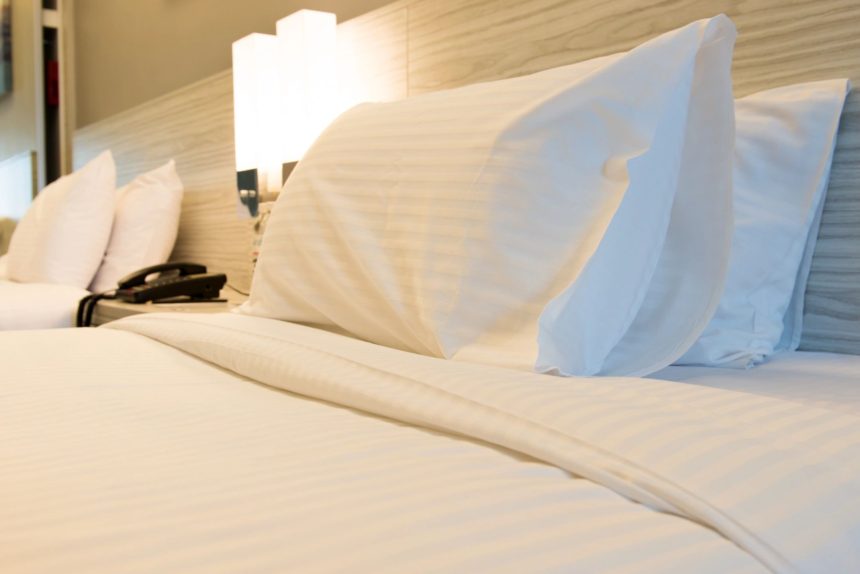The importance of sleep is often undermined. Sleep is also often the first thing to go when we become busy with something else. Simply put, we prioritize everything in life over sleep, from kids to Netflix. As a psychologist, I regularly ask my clients about their sleeping patterns (always during the initial assessment and several times throughout the course of treatment). Nine out of ten times – my clients are struggling to get adequate sleep (either to fall/remain asleep, or get adequate time of “zzzz”). I always empathize the importance of sleep and whenever possible introduce the sleep hygiene as soon therapeutically appropriate. Although my treatment is always personally customized, the following tips are typically applicably to many:
- Follow the circadian rhythm, as closely as possible
Your circadian rhythm, also known as a sleep/wake cycle, is a 24-hour internal clock that is running in the background of your brain. The best time to go to bed is around 10:00 pm and wake up around 7:00 am. A number of outside factors like lightness and darkness and personal factors, such as age and time required to fall asleep, can influence your ideal wake up and time times.
- Stick to the same wake up and bed times
As tempting it might be to sleep in on the weekends, try to stay as close as possible to your regular wake up and bed times or keep it within an hour window.
- Master a bedtime routine
A solid bedtime routine is essential to getting good zzzz and it starts well before you are ready to head to bed. Several hours before bed begin slowing down for the night: stay away from working and electronics as much as possible, wear comfortable clothes, take a bath, make a warm decaffeinated drink (lavender or chamomile tea are my personal favourites!). Getting ready for the next day, such as making lunches or laying out your clothes to wear in the morning is also a way of signaling to your brain that you are ready to end your day. Having a head start for the next day is a bonus!
- Minimize the lights
The light inhibits the production of melatonin signaling to your break to be awake. As much as possible decrease the light several hours before bed: dim lights, close your blinds, use candles instead of electric light. Ensure your bedroom is absolutely dark (even small lights from electronics can interfere with your sleep).
- Record your thoughts
As a part of your bedtime routine, journal about your day or simply reflect on what made it special and what you have learned. Then create your to-do list for the next day, record a reminder on your phone, or put a sticky note on your fridge to off-load as much information as possible from your brain. Otherwise, your brain might continue to work to ensure you remember the task.
- Bed is for sleeping, rest, and sex only
Avoid using your bed for anything other than sex and sleep. Working in bed, planning your day, or solving major life problems conditions your brain to be alert and engage in thoughts. Although resting in bed is acceptable, keep the time you spend in bed awake to minimum to condition your brain to fall asleep faster when you are bed.
- Invest in a quality bed products
Not splurge but invest in bed products that will help you fall and remain asleep comfortably. Many people who complain about sleep quality have poor quality mattress or pillows. Ensuring your body is properly supported for 7-8 hours you are asleep is essential. Having a comfortable fresh set of sheets that hug your body can help facilitate falling asleep, especially for those with sensory issues. For extra comfort, use flannel sheets in cooler times and silk in warmer times of year or a good quality cotton all year around.
There are many more methods to improve your sleep. So it is important to find and practice strategies that are right for you. Your social worker, therapist, or doctor could provide you with additional support if you need to discuss your mental health challenges. Similarly to your physical health, sometimes you need a trained professional to treat your mental health for a period of time or periodically. If you are looking to talk to a trained mental health professional to help you optimize your mental wellness, we invite you to schedule at an appointment with a social worker / psychotherapist or psychologist at Restore Balance. Conveniently located in Bobcaygeon and at Empress Walk in North York, just steps away from Yonge and Sheppard (North York Centre Subway Station), our clinic offers a welcoming and a relaxing spa-like environment.

